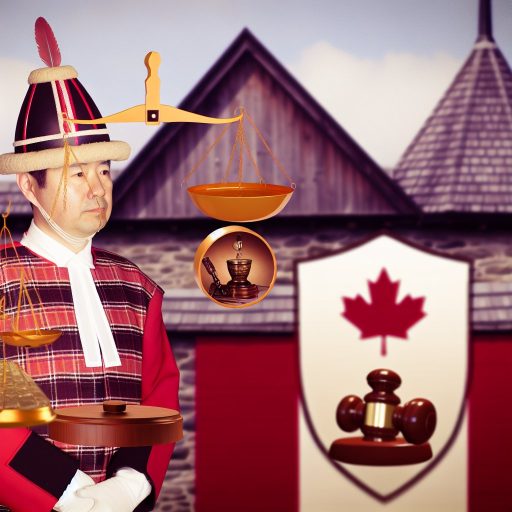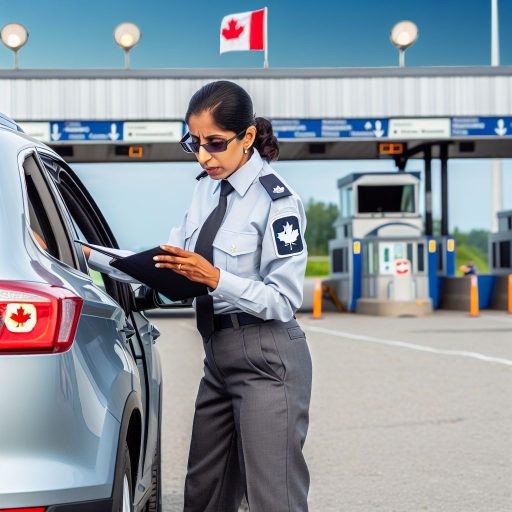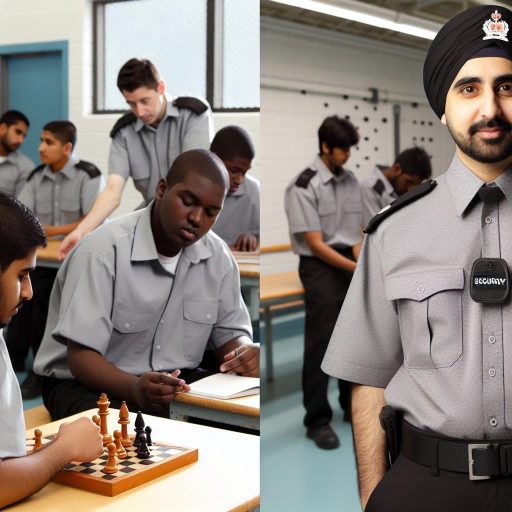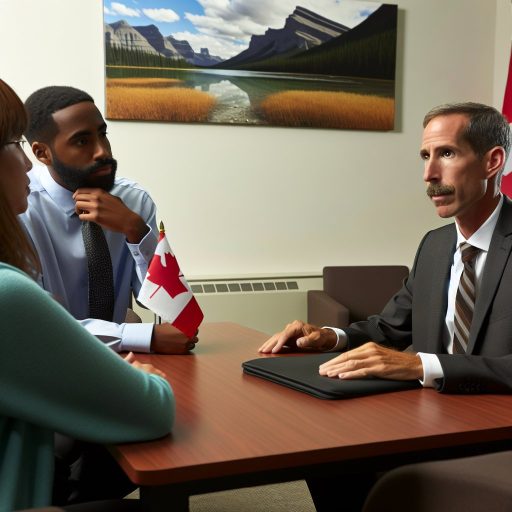Research the Role of a Veterans Affairs Officer
Understanding the Responsibilities
A Veterans Affairs Officer plays a crucial role in assisting veterans.
They help veterans access benefits and services available to them.
Job responsibilities include guiding veterans on claims processes.
These officers also advocate for veterans’ rights and needs.
Additionally, they provide support for mental health resources.
Necessary Skills and Qualifications
Successful Veterans Affairs Officers possess excellent communication skills.
Furthermore, understanding veteran issues is vital in this role.
They should have knowledge of federal and state veterans policies.
Critical thinking and problem-solving abilities enhance their effectiveness.
Moreover, interpersonal skills are essential for building rapport with veterans.
Importance of Continuous Learning
Staying updated on changes in veteran policies is crucial.
Officers should pursue training opportunities and workshops regularly.
Networking with other professionals in the field is beneficial.
Additionally, attending seminars can provide useful insights.
Overall, continuous learning helps enhance their skill set.
Understand the Mission and Values of Veterans Affairs Canada
Defining the Mission
Veterans Affairs Canada prioritizes the well-being of veterans and their families.
It aims to support veterans as they reintegrate into civilian life.
The agency focuses on delivering high-quality services in a timely manner.
Core Values
Integrity, accountability, and respect form the foundation of Veterans Affairs Canada.
These values guide actions and decision-making processes.
Moreover, they foster trust among veterans, families, and stakeholders.
The Importance of Understanding the Mission
Knowing the mission helps you align your responses during the interview.
It allows you to demonstrate genuine interest in supporting veterans.
Additionally, it shows your commitment to the values upheld by the agency.
Researching Recent Initiatives
Familiarizing yourself with recent programs enhances your understanding.
Unlock Your Career Potential
Visualize a clear path to success with our tailored Career Consulting service. Personalized insights in just 1-3 days.
Get StartedReview ongoing projects aimed at veteran support.
Furthermore, analyzing new policies allows you to engage in informed discussions.
Review Common Interview Questions for Veterans Affairs Positions
Understanding the Role
Understanding the role of a Veterans Affairs officer is essential before the interview.
This knowledge helps frame your answers effectively.
Familiarize yourself with the duties listed in the job description.
Additionally, research the core values of the Veterans Affairs department.
Common Interview Questions
Interviewers often ask questions to gauge your experience and skills.
One common question is, “What inspired you to apply for this position?”
Prepare to share personal motivations rooted in helping veterans.
Another frequent question is, “How do you handle sensitive information?”
This question assesses your integrity and discretion in handling confidential data.
Behavioral and Situational Questions
Behavioral questions provide insight into your problem-solving abilities.
Expect questions like, “Describe a time you resolved a conflict.”
Think of specific examples that demonstrate your skills.
Situational questions often begin with, “How would you respond if…?”
These questions test your critical thinking and decision-making skills.
Preparation Tips
Practice your responses to common interview questions.
Use the STAR method to structure your answers effectively.
Research recent Veterans Affairs initiatives and programs.
Additionally, prepare thoughtful questions for the interviewer.
Confidently Approach Your Interview
Approach your Veterans Affairs officer interview with confidence.
Remember to convey your passion for serving veterans.
By preparing thoroughly, you’ll increase your chances of success.
Find Out More: How Ombudsmen Facilitate Fairness in Disputes
Prepare Specific Examples of Relevant Experience
Identify Key Experiences
Begin by reflecting on your professional journey.
Consider positions where you demonstrated leadership skills.
Think about times you collaborated successfully with teams.
Also, include experiences in which you managed projects effectively.
Align Experiences with the Job Description
Review the job posting carefully.
Highlight the skills and qualifications the hiring manager seeks.
Match your relevant experiences to these specific requirements.
This alignment showcases your ability to meet their needs.
Utilize the STAR Method
The STAR method helps structure your responses clearly.
Start with the Situation you faced in each experience.
Next, describe the Task you needed to accomplish.
Then, explain the Action you took to address the situation.
Finally, summarize the Result of your efforts.
Gather Quantifiable Outcomes
Whenever possible, include metrics in your examples.
Quantifiable outcomes strengthen your credibility.
For instance, mention percentage increases or time saved.
These figures demonstrate your impact in previous roles.
Practice Delivering Your Examples
Rehearse your examples out loud before the interview.
Focus on making your delivery confident and concise.
Consistent practice allows you to refine your responses.
Moreover, it helps calm any nerves you might feel on the day.
Explore Further: Path to Becoming a Veterans Affairs Officer in Canada
Practice Behavioral Interview Techniques
Understand Behavioral Interview Concepts
Behavioral interviews focus on how you acted in past situations.
They assess your skills, experiences, and how you handled challenges.
Companies seek to predict future performance based on past behavior.
Identify Relevant Experiences
Begin by reflecting on your past roles and responsibilities.
Consider significant challenges you overcame in each position.
Select experiences that showcase your skills related to the role.
Utilize the STAR Method
The STAR method helps you structure your responses effectively.
STAR stands for Situation, Task, Action, and Result.
Identify the situation or challenge you faced while working.
Explain the tasks you were responsible for in that situation.
Describe the actions you took to address the challenge.
Lastly, highlight the positive results of your actions.
Practice with Mock Interviews
Conduct mock interviews to build confidence.
Ask friends or colleagues to role-play as the interviewer.
Simulate potential questions you might face during the interview.
Request constructive feedback to improve your answers.
Prepare for Common Questions
Anticipate frequently asked behavioral interview questions.
Examples include inquiries about teamwork, leadership, and conflict resolution.
Formulate thoughtful responses to each potential question.
Stay Calm and Collected
Remember to take deep breaths before your interview.
Stay composed while answering questions during the interview.
Maintain a positive attitude throughout the conversation.
Discover More: Why Veterans Affairs Officers Matter in Canadian Society
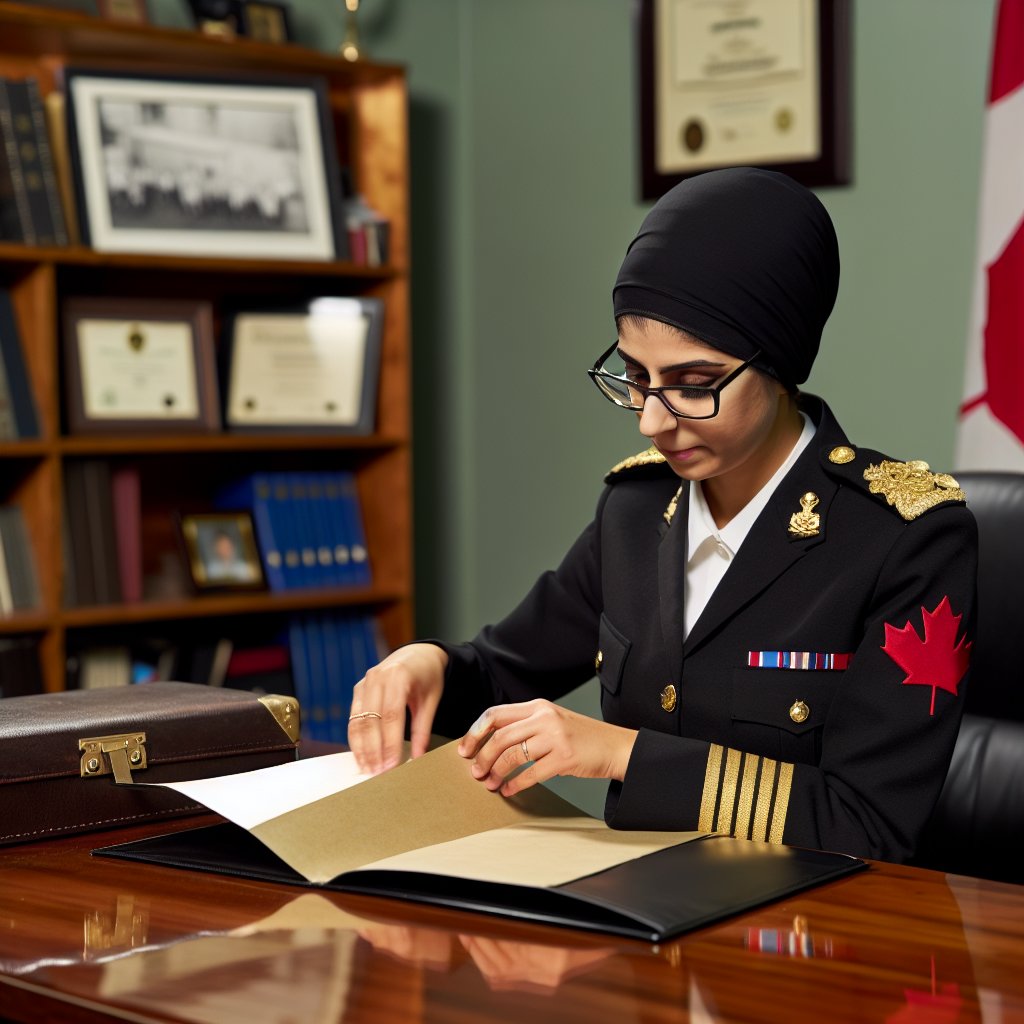
Familiarize Yourself with Current Veterans Affairs Policies
Understand the Importance of Policies
Knowledge of current policies is crucial for your interview preparation.
It shows your commitment to serving veterans effectively.
Moreover, it reflects your ability to navigate complex regulations.
Review Recent Changes
Stay updated on any recent changes to veterans affairs policies.
Read reports from the Department of Veterans Affairs regularly.
You can also subscribe to newsletters and follow their official social media channels.
Key Policy Areas to Explore
Focus on specific areas that significantly impact veterans’ benefits.
- Healthcare services
- Disability compensation
- Education and training programs
- Home loan benefits
- Employment assistance
Gather Relevant Resources
Utilize reliable resources to gather information.
A visit to the VA’s website is a great starting point.
Additionally, consult veteran service organizations for insights.
Practice Discussing Policies
Prepare to discuss these policies during your interview.
Frame your understanding in the context of real-world applications.
Engage in mock interviews to refine your responses.
See Related Content: Role of Correctional Officers in Rehabilitation Programs
Dress Appropriately for the Interview Environment
Understand the Dress Code
Research the company’s dress code before the interview.
This helps you select the right attire.
In general, business professional attire is recommended.
However, some offices may prefer business casual.
Always opt for more formal attire if uncertain.
Select the Right Outfit
Choose a clean, well-fitted suit for interviews.
Men should consider a tie and polished dress shoes.
Women can wear a blazer with trousers or a skirt.
Ensure your shoes are comfortable and appropriate.
Remember, looking well-put-together boosts confidence.
Pay Attention to Grooming
Grooming is just as important as clothing.
Make sure your hair is neat and styled appropriately.
Avoid excessive cologne or perfume; less is more.
Additionally, maintain clean nails and a polished appearance.
Your presentation reflects your professionalism.
Be Mindful of Accessories
Keep accessories simple to maintain a professional image.
Too many accessories can be distracting.
Select a classic watch or minimal jewelry.
Avoid flashy items that overshadow your qualifications.
These details contribute to a cohesive look.
Dress for Comfort
While looking professional is crucial, comfort matters as well.
Choose clothing that allows freedom of movement.
This helps to alleviate anxiety during the interview.
Avoid tight clothing that might cause discomfort.
Anticipate sitting for an extended time; comfort aids focus.
Prepare Questions to Ask the Interviewers
Understanding the Role
Start by asking about the key responsibilities of the Veterans Affairs Officer position.
Inquire about the day-to-day tasks that the role entails.
This helps you gauge the expectations of the position.
Additionally, seek clarification on how success is measured in this role.
Company Culture and Values
Ask about the organizational culture at the Department of Veterans Affairs.
Understanding the values that guide the agency can aid your decision-making.
Explore how teamwork is implemented within the office environment.
Questions about employee development opportunities will show your commitment to growth.
Challenges and Opportunities
Inquire about the biggest challenges the team is currently facing.
This will provide insight into potential areas where you can contribute.
Ask about upcoming projects that may offer growth opportunities.
Understanding these aspects can help you align your skills with the team’s needs.
Training and Development
Question how training is conducted for new hires within the department.
Find out about available resources for professional development.
This demonstrates your interest in continuous learning.
Additionally, you could ask about mentorship opportunities within the organization.
Next Steps in the Hiring Process
Finally, inquire about the next steps in the hiring process.
Understanding the timeline allows you to manage your expectations.
Ask if there are specific areas the interviewers suggest you focus on moving forward.
This shows your proactive attitude towards the opportunity.

